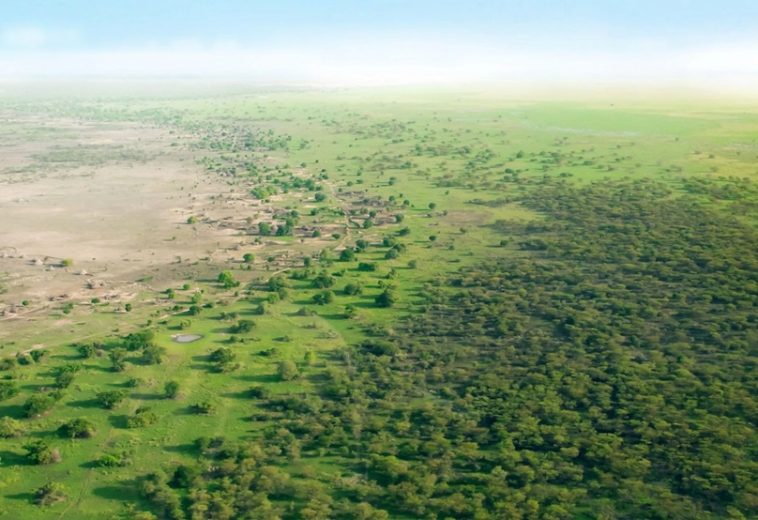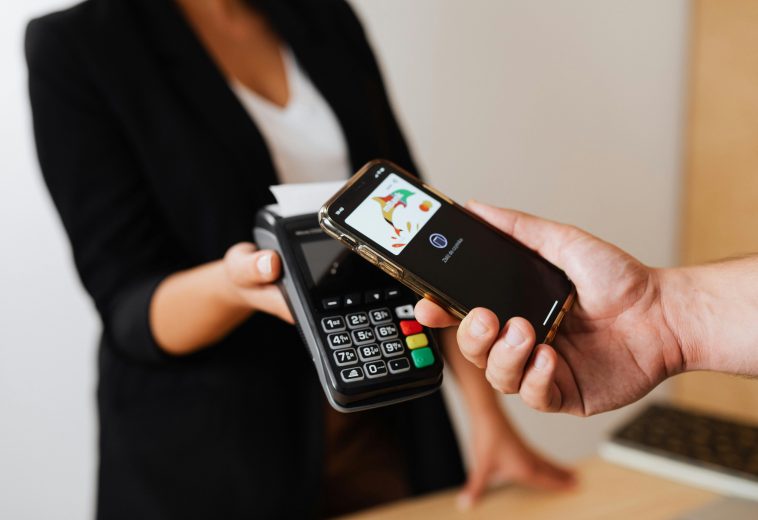As Africa’s digital transformation accelerates, online voting is gaining attention as a potential solution to enhance electoral processes. The continent’s growing youth population, increasing internet penetration, and widespread adoption of digital financial transactions suggest a readiness for digital democracy. Countries such as Kenya, Nigeria, and South Africa have begun exploring e-governance solutions, but the question remains: can online voting become a viable and secure method for Africa’s next generation of voters?
Globally, Estonia remains the benchmark for online voting, having successfully implemented digital elections since 2005. Switzerland and Canada have conducted pilot programmes, while the United States allows limited online voting for military personnel. In Africa, however, most elections still rely on traditional paper ballots. Some nations, including Kenya and Ghana, have experimented with electronic voter registration and biometric verification but have yet to adopt full-scale online voting. The primary barriers remain infrastructure deficits, cybersecurity concerns, and political resistance.
READ ALSO: What Are the Odds of Digital Democracy in Africa?
Potential Benefits of Online Voting
Online voting could offer Africa several benefits, particularly in increasing voter turnout among young, tech-savvy citizens and diaspora communities. The African Union estimates that over 200 million Africans live outside their home countries, and an efficient digital voting system could enable greater participation in elections. Additionally, online voting could reduce election costs, as traditional elections in Africa are often expensive due to logistical challenges, security deployment, and ballot printing. For instance, elections in Nigeria cost approximately $625 million in 2023.
Another advantage is mitigating electoral violence. Many African elections are marred by violence due to logistical delays, vote tampering, and physical intimidation at polling stations. Online voting could provide a safer alternative by allowing voters to participate remotely, reducing tensions at polling stations.
Challenges and Risks of Online Voting in Africa
Despite these advantages, online voting faces significant challenges. The foremost concern is cybersecurity. Recent global trends have demonstrated the vulnerability of digital voting systems to hacking, disinformation campaigns, and election fraud. In 2024, cyberattacks targeting election infrastructure in countries such as the U.S. and India raised concerns about the feasibility of online voting.
Africa’s digital divide is another obstacle. While internet penetration has increased, reaching approximately 43% continent-wide as of 2024, connectivity remains uneven, particularly in rural areas. Countries such as South Africa and Kenya have relatively high internet access, but regions in Central Africa still suffer from poor digital infrastructure. Reliable internet and digital literacy are prerequisites for online voting, yet many African nations still lag behind in these areas.
Political resistance also poses a hurdle. Some governments may be reluctant to adopt online voting due to concerns about transparency and control. In countries with histories of electoral fraud, opposition parties may question the integrity of digital systems, fearing that ruling governments could manipulate online platforms.
African Nations Exploring Digital Voting
Some African nations have taken steps toward digital elections. Kenya has been a leader in electronic voting, implementing biometric voter registration and electronic transmission of results in its 2013 and 2017 elections. However, technical failures and allegations of hacking in 2017 led to a constitutional crisis, highlighting both the potential and risks of digital elections.
Nigeria introduced the Bimodal Voter Accreditation System (BVAS) in 2023, significantly reducing instances of multiple voting.
While BVAS is not a full online voting system, it demonstrates the country’s willingness to embrace digital election processes.
Ghana has also made strides, successfully using biometric verification in its elections since 2012. The country is exploring blockchain-based voting systems, which could enhance transparency and security in future elections.
Learning from Global Best Practices
As Africa considers online voting, it can draw lessons from global experiences. Blockchain technology has been proposed as a solution to enhance election security, ensuring transparency and preventing fraud. Estonia’s blockchain-based voting system is widely regarded as one of the most secure in the world.
AI-powered verification systems could also improve voter authentication and reduce election fraud. Countries such as Canada and Switzerland are experimenting with AI-enhanced voting platforms that ensure accuracy while protecting voter anonymity.
The Future of Online Voting in Africa
For online voting to succeed in Africa, governments must address key challenges: cybersecurity, infrastructure development, and political acceptance. Investments in internet connectivity, digital literacy, and blockchain-based security measures could pave the way for successful implementation. Additionally, legal frameworks must be strengthened to ensure accountability and transparency in digital elections.
While online voting is not yet a reality for most African nations, ongoing technological advancements and pilot programmes indicate that the future of digital democracy on the continent is promising. As Africa’s next generation of voters becomes increasingly digital, the pressure to modernise electoral systems will grow. If implemented securely and inclusively, online voting could revolutionise democracy in Africa, making elections more accessible, efficient, and transparent for millions of citizens across the continent.





















